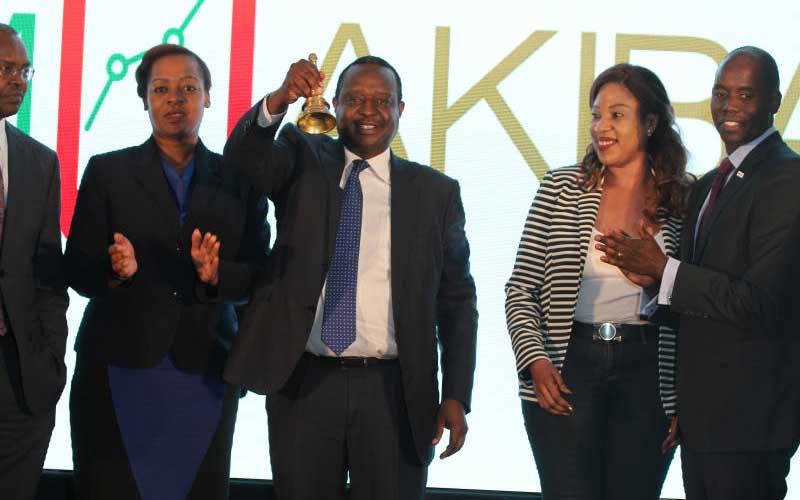×
The Standard e-Paper
Kenya’s Boldest Voice

The Government is set to give banks a run for their money again as the National Treasury seeks to borrow directly from the public to plug the gaping budget deficit.
Treasury yesterday reopened the mobile-based M-Akiba infrastructure bond targeting Sh250 million for the security that matures in the next one and a half years.